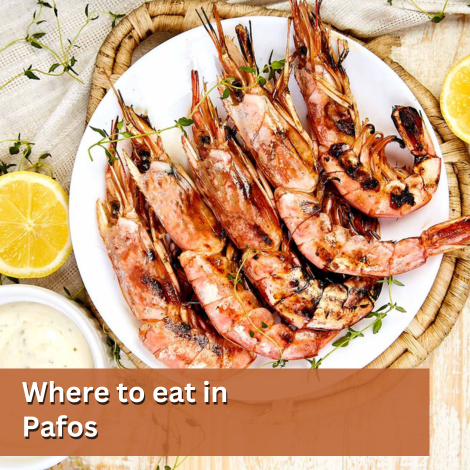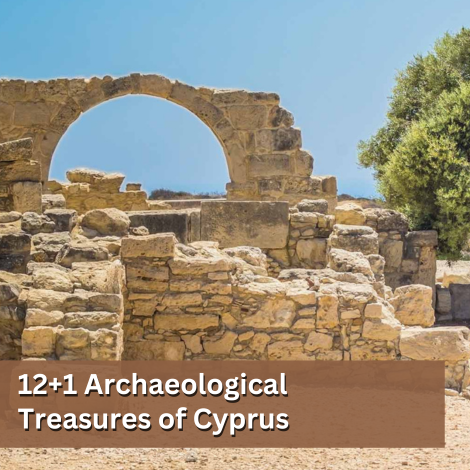All about Love and Passion
Ola gia ton Erota
In the run up to Valentine’s Day the private music institute, Music’s Cool, put on at Xenion High School’s theatre, an incredibly professional concert on Greek songs of love.
Love is a rather loose translation of “erota”, because from back in Classical times the Greek language has had a clear distinction between Eros (erotic, passionate love) and Agape (unconditional caring love). The two can go hand in hand, but are different. This is the subject of one of Plato’s reflections, and also of the plot in many a modern TV series like "Brousko".
The performance was a fitting celebration of the on-coming Valentine’s day. St Valentine is a rather odd-ball Saint of whose life not very much is known. He is not even recognised as a Saint in the Greek Orthodox rites. The Catholics have three Saint Valentines. The most prominent is a priest in the 3rd century AD at the time of Claudius II. The latter had banned marriage as he thought unmarried soldiers fought better than married ones. Valentinus, it is said, believing marriage to be a holy sacrament, performed marriages for Christians in secret. He was found out, imprisoned and beheaded.
People still celebrate St Valentine on the 14th of February, but because not very much was known about him, he was removed from the current liturgical calendar of the Catholic Church by Pope Paul VI in 1969. The Ancient Romans used to have a feast on February 15th for the Pastoral God Lupercus. This evolved into a fertility ritual and two 18th century historians (Alban Butler and Francis Douce) have suggested that Valentine’s day merged into that feast. Other researchers dismissed that idea and suggest that traditions associated with St Valentine’s day started with Geoffrey Chaucer in 14th century England.
The celebration gained popularity in the 17th and 18th centuries and in modern times has become the first occasion for commercial expenditure after Christmas with the panoply of cards, chocolates, flowers, restaurant meals and hotel nights away.
Cyprus, already famous as the “Island of Love”, the island where Aphrodite, Goddess of Love, emerged from the waves near Paphos, readily embraces this tradition with a whole host of hotel packages for lovers, complete with Champagne and candlelit suppers.
The Concert performance on the 12th by Music’s Cool was a very beautiful and less traditional way of celebrating the theme. I never cease to be amazed at how, in contrast with the way governments round the world seem incapable of organising a knees-up in a brewery, the public at large can organise such polished events as this. I think Cyprus is particularly blessed with such talent. Numerous are the festivals and events organised by volunteers on this beautiful island.

 English
English
 Ελληνικά
Ελληνικά Русский
Русский












 Posted by
Bill Warry
Posted by
Bill Warry






